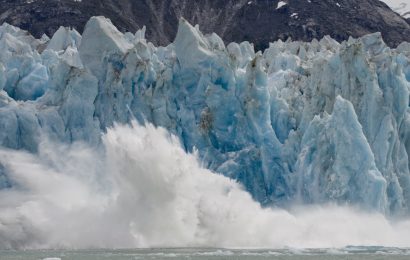Khoisan Revolution party in South Africa is calling for justice and claims back land
The oldest inhabitants in South Africa are called the Khoisan and include many communities, such as: the Cape Khoi, the Nama, the Koranna, the Griqua and the San (also known as bushmen).
William Peterson is the leader of the newest party in the country, named Khoisan Revolution party building momentum in the Northern Cape province to gain back land and language rights.
Longly dispossessed by the colonialists, oppressed and marginalised by the white-minority in the country, the Khoisan have lost their indigenous languages and traditions. But now they claim their rights and identity back.
“As the Khoisan people, we are the first and oldest nation in South Africa. There’s no recognition or acknowledgement for us so that’s a sore story. Everybody and every government is failing us. We want to claim back our land and govern ourselves. When I look at all the fences across the land I feel like I’m in jail. If we win the elections here, the first thing we will do is ask the owners of the mines from who did they buy the land? We as the Khoisan should own that land. We will cut off their utilities and force them to close until they agree to negotiate with us and recognise that they are on our land,” explains the Khoisan leader.
The local community also wants to have their native language recognised. The unpronounceable IXam is an extinct Khoisan language, not among South Africa’s 11 official languages.
“If you look at South Africa’s coat of arms, it says: ‘!ke e: Ixarra IIke which is the IXam language and means ‘united in diversity’. You put our language on the coat of arms but you don’t recognise it in schools. Mandarin Chinese is now being taught while our own indigenous languages are forgotten. It breaks my heart,” adds Peterson.
Here, the Khoisan are confident to win a few municipalities during the next elections, so that officials in South Africa will pay attention to their communities’ requests. But with the latest political trend in the country, some fear this is less likely to happen for the oldest community in the South of the continent.


